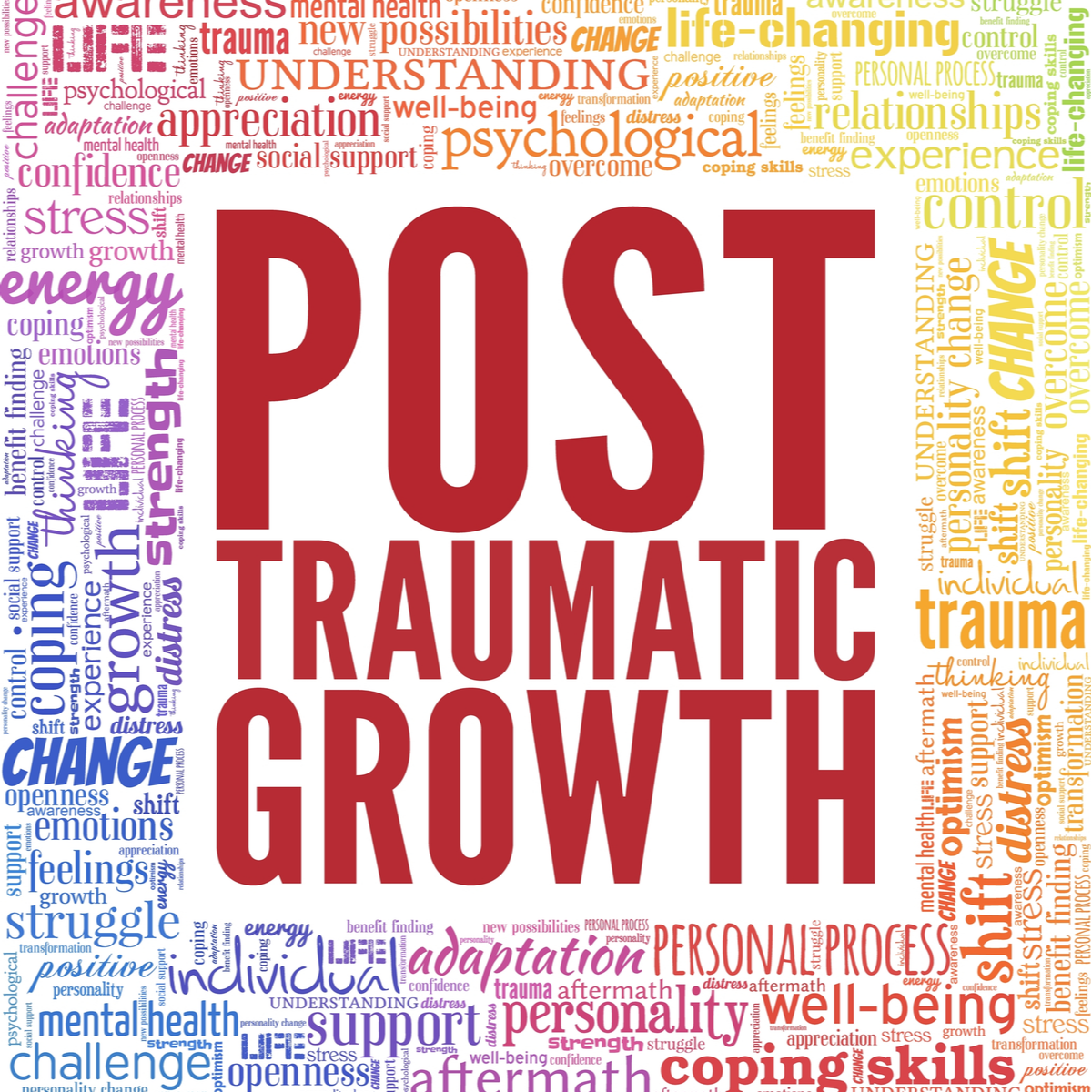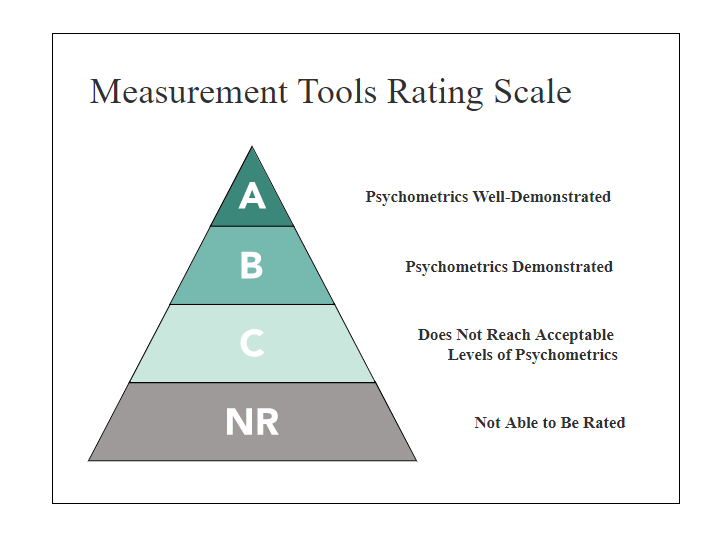The Traumatic Stress Institute (TSI) of Klingberg Family Centers is seeking to hire contracted Faculty Trainers for our Risking Connection Trauma Training as adapted for organizations serving people with intellectual and developmental disabilities (IDD).
Focused Attention Meditation: A Tool for Building Capacity to Notice Our Reactions to Others
November 5, 2021
by
John Engel, MA
posted in
Mindfulness
Monthly RC Mindfulness: Come Fill Your Cup - November 2021
Nearly 40 RC Trainers, Champions and staff attended the November 3rd RC Monthly Mindfulness session. This blog offers a brief summary of the session, initial feedback from participants, and resources to advance learning and practice.
Body Scan Practice: A Tool for Building Capacity to Notice Our Reactions to Others
October 7, 2021
by
John Engel, MA
posted in
Mindfulness
Monthly RC Mindfulness: Come Fill Your Cup - October 2021
More than 30 RC Trainers, Champions and staff attended this month's Monthly RC Mindfulness session. This blog offers a brief summary of the session, initial feedback from participants, and resources to advance learning and practice.
Fostering Post-Traumatic Growth in Our Risking Connection Community
September 28, 2021
by
John Engel, MA
posted in
Crisis Response,
Whole-System Change
Post-Traumatic Growth (PTG) is defined as the “positive psychological change in the wake of struggling with highly challenging life circumstances,” by Richard Tedeschi, PhD, and Lawrence Calhoun, PhD, who coined the term in 2004. Tedeschi recently reflected on the pandemic and opportunity for Growth After Trauma in Harvard Business Review.
Walking Meditation: A Tool for Building Capacity to Notice Our Reactions to Others
September 2, 2021
by
John Engel, MA
posted in
Mindfulness
Monthly RC Mindfulness: Come Fill Your Cup - September 2021
More than 30 RC Trainers, Champions and staff attended the sixth Monthly RC Mindfulness session. This blog offers a brief summary of the session, initial feedback from participants, and resources to advance learning and practice.
ARTIC Scale: Leading the Way in Trauma-Informed Care Assessment
August 31, 2021
by
Steve Brown, PsyD
posted in
Measurement & Research
In August 2021, the California Evidence-Based Clearinghouse for Child Welfare officially added the Attitudes Related to Trauma-Informed Care (ARTIC) Scale to their list of evidence-based measurement tools for child welfare. The ARTIC Scale received an assessment rating of “A – Psychometrics Well-Demonstrated,” the highest rating offered by the CEBC. It is the only measure of trauma-informed care (TIC) listed on the CEBC.
Sitting Meditation: A Tool for Building Capacity to Notice Our Reactions to Others
July 27, 2021
by
John Engel, MA
posted in
Mindfulness
Monthly RC Mindfulness: Come Fill Your Cup - August 2021
As a reminder, the August 4th Monthly RC Mindfulness session has been cancelled as I will be on vacation. In place of the August session, the following post offers practice guidelines for August 4th (or whenever you like). These guidelines can be used to support individual or group practice for RC treaters. We will return to in-person Monthly RC Mindfulness on September 1st.
2021: A Big Year in the Literature on Trauma and IDD
July 23, 2021
by
Steve Brown, PsyD
posted in
Whole-System Change,
IDD Organizations
If there was ever any doubt that the IDD field is recognizing the critical importance of trauma, three brand new articles in the academic literature have put that to rest. They are all scoping reviews which summarize the professional literature on a particular topic and attempt to synthesize the current state of knowledge.
The Practice of Noticing - Using Support Anchors
July 12, 2021
by
John Engel, MA
posted in
Mindfulness
Monthly RC Mindfulness: Come Fill Your Cup - July 2021
Nearly 40 RC Trainers, Champions and staff attended the third RC Monthly Mindfulness session. This blog offers a brief summary of the session, initial feedback from participants, and resources to advance learning and practice.
IDD Organizations Selected for TIC Learning Collaborative
July 9, 2021
by
Steve Brown, PsyD
posted in
Whole-System Change,
IDD Organizations
The Traumatic Stress Institute (TSI) is excited to announce the four agencies participating in the first-of-its-kind Pilot Trauma-Informed Care Learning Collaborative for Organizations Serving Individuals with Intellectual and Developmental Disabilities (IDD).







